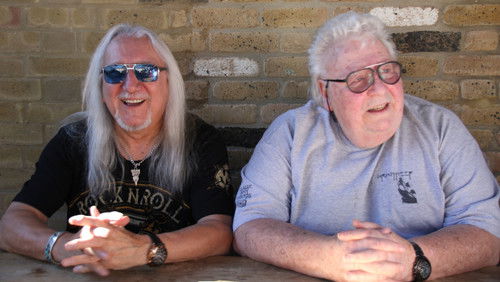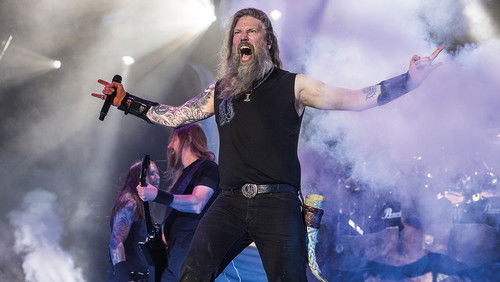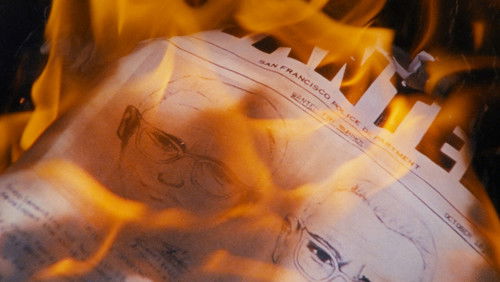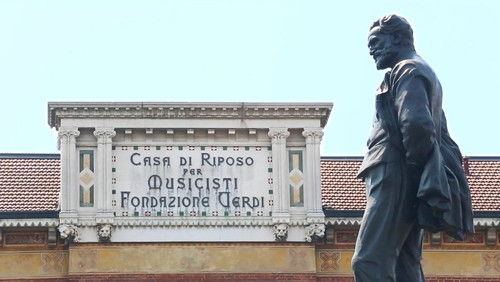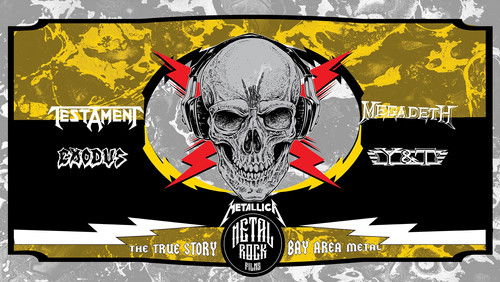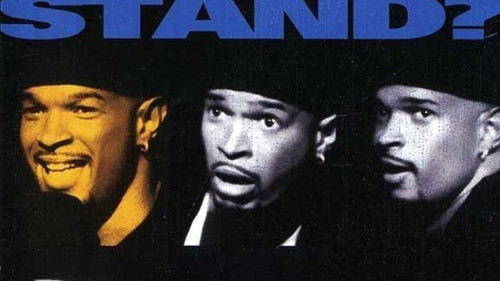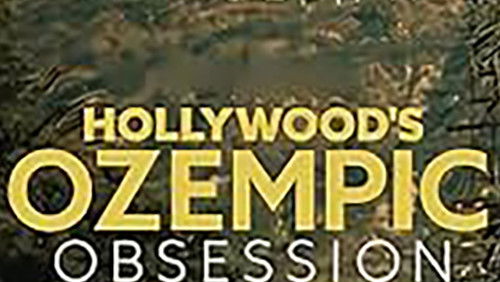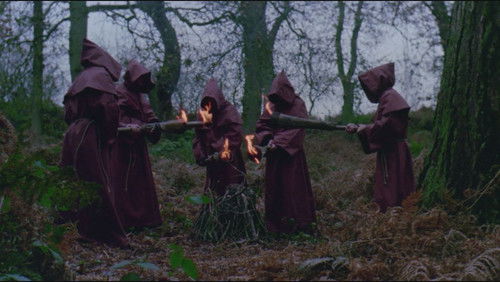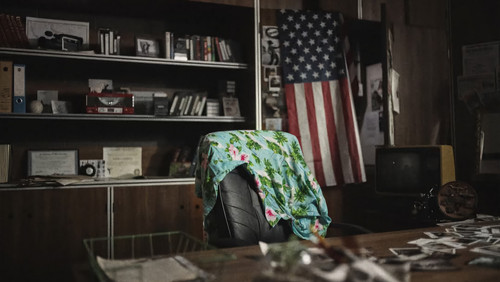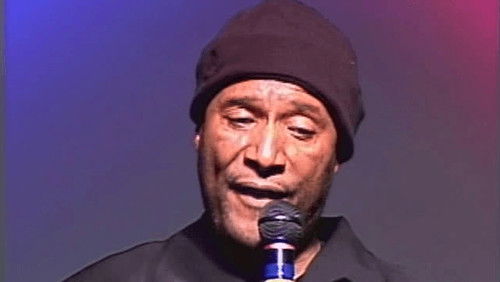Federico Fellini – un autoritratto ritrovato (2000)
18KFederico Fellini – un autoritratto ritrovato: Directed by Paquito Del Bosco. With Federico Fellini, Ingmar Bergman, Ingrid Bergman, Valentina Cortese. A collection of radio and television interviews with director Federico Fellini, recorded from February 1952, up to 1967, as he worked on the never-completed film “The Journey of Mastorna.”
“Federico Fellini was one of the most individual and thought provoking directors who based most of his films upon his own reflections, dreams, life events and fantasies, who did not convey any special message for humanity but regarded cinema simply as entertainment. Is there an answer to everything? Can it possibly be? If yes, then life can no longer be so curious, so dynamic, so creative…u003cbr/u003eu003cbr/u003eThat is what you will most probably realize after seeing this documentary. And that thought is accurate, it proves that Paquito Del Bosco considerably managed to u0026quot;presentu0026quot; to you an insight into Federico Fellini.u003cbr/u003eu003cbr/u003eIn these 55 minutes, the viewer is supplied with a number of archive footage, pictures as well as interviews with Fellini himself. After his early Oscar winning productions in 1956 (LA STRADA) and 1957 (LE NOTTI DI CABIRIA), Fellini became a known Italian director who neither represented the new movements that appeared in post war Italy nor the traditional approach but delivered something out of his own creative vision of cinema. When did this approach reach its climax? Difficult to say but certainly, these u0026quot;Felliniesque viewu0026quot; was most noticeable in his 1960s productions. And the documentary deals with them: LA DOLCE VITA (1960), OTTO E MEZZO (1963), GIULIETTA DEGLI SPIRITI (1965), FELLINI SATYRICON (1969). Although they are too u0026quot;peculiaru0026quot; for some people, these movies resemble Felliniu0026#39;s imagination blended with reality most convincingly. In the documentary, you will see the true u0026quot;wingsu0026quot; of how and why these films were made. Fellini, in details sometimes, comments on their idea as cinematic works. We see him, for instance, at Fontanna Di Trevi in Rome where he is filming the famous scene with Anita Ekberg. In another moment, he talks about his childhood memories of Rimini that accompanied him when filming AMARCORD (1972). Therefore, itu0026#39;s a very interesting look at Fellini himself, at his u0026quot;specific controversial geniusu0026quot; which you surely donu0026#39;t have to agree with but which you should respect if you are a movie fan.u003cbr/u003eu003cbr/u003ePity that there is so little about the 50 year-long marriage of Federico Fellini and Giulietta Masina, a wonderful actress. He made a few films with her and she must have been eminent in his works as well as his life. Unfortunately, you can notice Giulietta only on pictures or footage but there isnu0026#39;t any interview with her. One little moment entails Fellini talking about his films and Giulietta Masina sitting next to him with Sandra Milo. The person on the focus for some time is the director Ingmar Bergman who discusses Felliniu0026#39;s direction style.u003cbr/u003eu003cbr/u003eu0026quot;I do not carry any message for humanity, I am sorryu0026quot;…perhaps because of that he is so remembered as a wonderful entertainer; perhaps, it was his humanity that touched people, his lies that were bound to be pardoned… Never mind what you think about his films, if you are fond of ambitious cinema, you should see this documentary. Well worth a look as a documentary insight into an artistu0026#39;s life!”
